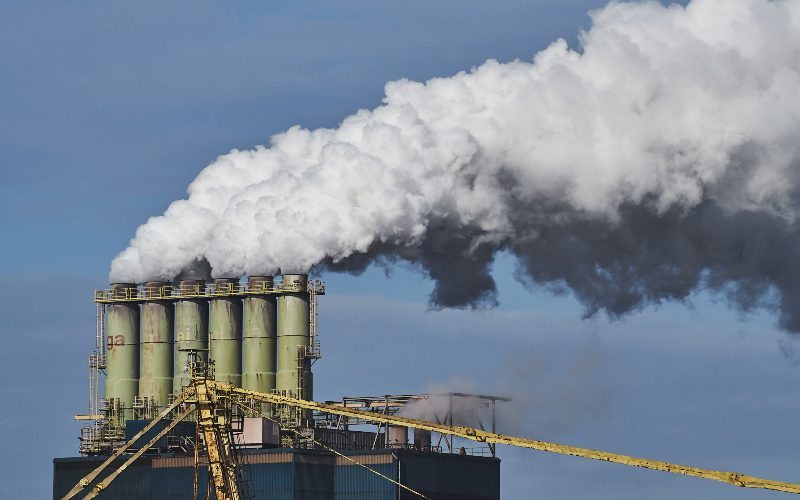Fossil fuel emissions to hit new record in 2025 - study

The Global Carbon Budget report looks at CO2 emissions and relates the figures to the thresholds set out in the 2015 Paris Agreement. The study has been published amid the backdrop of the COP30 summit.
Global fossil fuel emissions are set to hit a record high in 2025, according to a new study released on Thursday.
Published annually, the Global Carbon Budget report looks at emissions of CO2 into the earth's atmosphere via burning hydrocarbons, cement production and land use, such as deforestation.
More To Read
- Supporting Africa’s drylands: Insights from the pastoralists who call them home
- Landmark French ruling against TotalEnergies sets stage for major African climate lawsuits
- What’s at stake in the COP30 negotiations?
- Major global emitters off track, no country strong enough to meet climate targets - report
- African activists rally and challenge COP30 agenda
- Ethiopia hosting COP32 a ‘win for the Horn of Africa’, IGAD says
The report always relates the numbers to the thresholds set out in the 2015 Paris Agreement, the accord which called for limiting warming to 2 degrees Celsius at the top but ideally 1.5 C (3.6 degrees Fahrenheit or 2.7 degrees, respectively, compared to pre-industrial levels.
The international team of scientists that conducted the study found that CO2 emissions from fossil fuels will be 1.1% higher in 2025 than a year ago.
With emissions from fossil fuels, oil, gas and coal all set to go up, the overall figure is set to reach a record 38.1 billion tons of CO2.
Despite the continued global expansion in the use of renewable energy, this has not been enough to offset the overall growth in energy demand.
Published while nations convene for COP30 climate talks in the Amazon in northern Brazil, the new report estimated a remaining allowance of 170 billion tons of CO2 to limit warming to 1.5 °C from pre-industrial levels.
"This equates to four years of emissions at the current rate before the budget for 1.5 °C is exhausted, so that is impossible, essentially," said Pierre Friedlingstein of Britain's Exeter University, who led the team of scientists.
The failure to reduce planet-heating emissions is overshadowing the COP30 in the rainforest city of Belem.
The summit is taking place this week without the presence of the United States, the second-largest polluter in the world, after China.
Washington is not sending a top-level team to this year's COP climate summit in Belem, Brazil.
The global community expected as much from President Donald Trump, who has pulled the United States out of the Paris Agreement for the second time, slashed funding for renewable energy, championed fossil fuel projects and told world leaders at the United Nations General Assembly in September that climate change is the "greatest con job ever perpetrated on the world."
Top Stories Today















































